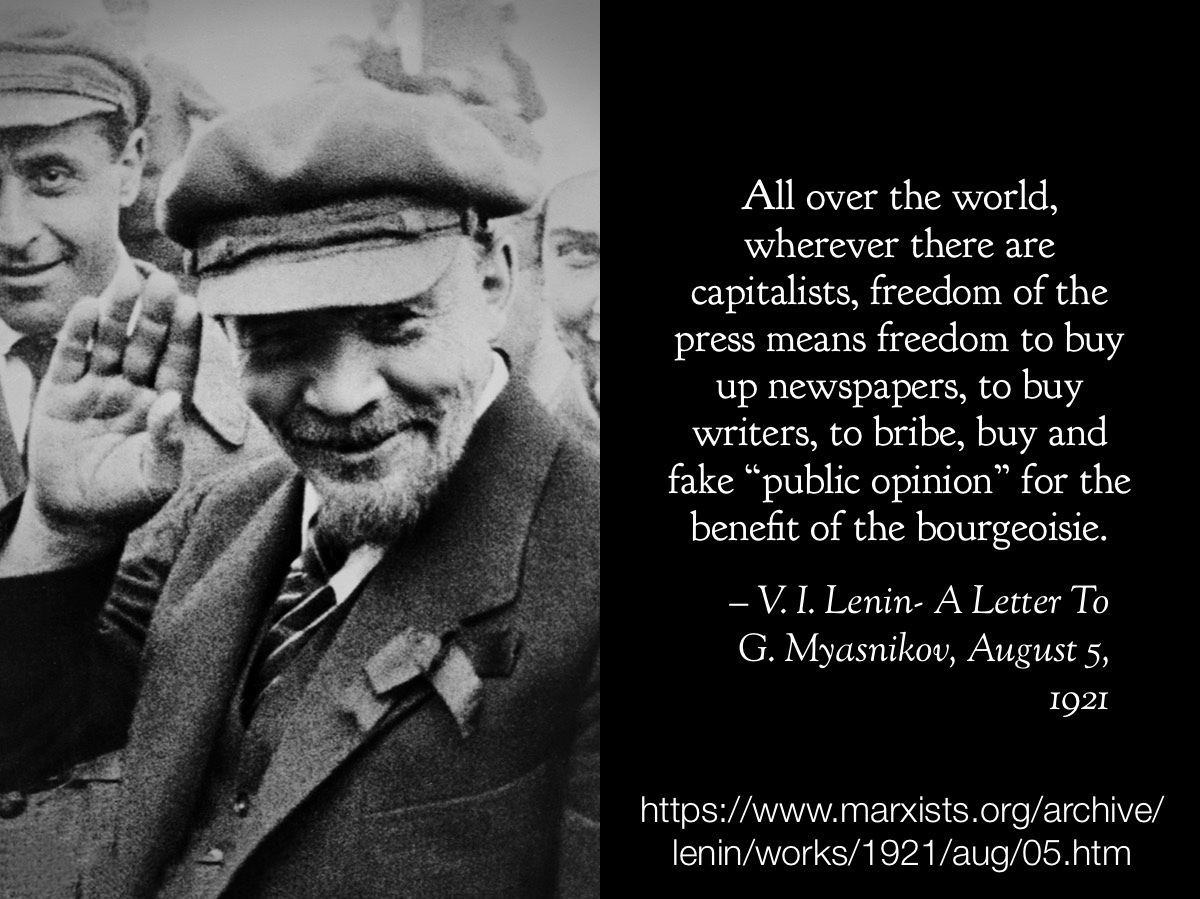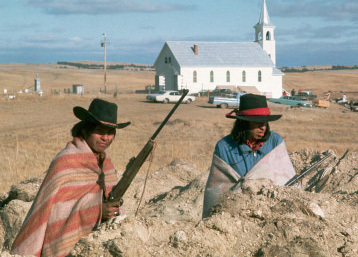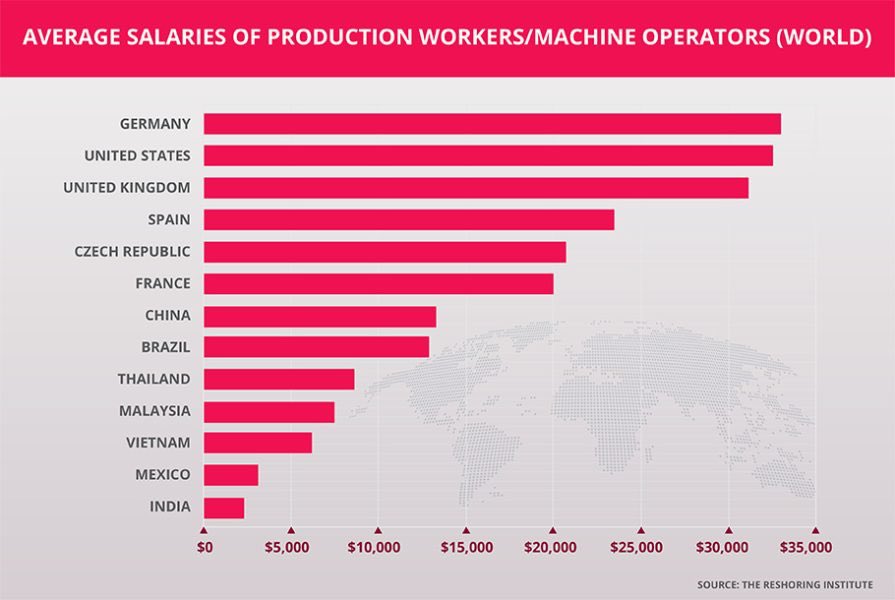How We All Became Forever Renters
How We All Became Forever Renters
https://www.youtube.com/watch?v=BAq7QxHP3VQ
Go to our sponsor https://betterhelp.com/Wisecrack for 10% off your first month of therapy with BetterHelp and get matched with a therapist who will listen a...
Climate Change: Why Facts Don't Matter
Climate Change: Why Facts Don't Matter
https://youtu.be/MMCL_ooDWJ0?si=IG9zEVI0kKHQNlRm
Go to https://sponsr.is/cs_wisecrack and use code WISECRACK to save 25% off today. Thanks to Curiosity Stream for sponsoring today’s video.How are we still d...
How ‘Popular Content’ Exposes That We Are Living in a Dystopia
How ‘Popular Content’ Exposes That We Are Living in a Dystopia
https://youtu.be/V7mx70jZXZk?si=VXxDs_h2v6X1xPY5
Get a 60-day free trial at https://www.shipstation.com/pursuit. Thank you to ShipStation for sponsoring this video.MY BOOKS: https://pursuitofwonder.com/stor...
All over the world, wherever there are capitalists, freedom of the press means freedom to buy up newspapers, to buy writers, to bribe, buy and fake "public opinion" for the benefit of the bourgeoisie

Resisting Internal Neo-Colonialism and Fascist Dictatorships inside the United States | Wounded Knee Occupation
Remembering the Wounded Knee occupation
https://socialistworker.org/2013/02/27/remembering-the-wounded-knee-occupation
One of the most important examples of Native Americans' determination to resist oppression began 40 years ago.

Understanding the Moscow Trials-Part 1 (1900-1920) | The Crimson Flag Podcast (1:17:45)
Understanding the Moscow Trials-Part 1 (1900-1920)
https://yewtu.be/watch?v=N-wKdcn5kvQ
Alright everybody, we're back with a new series! This is the first of several episodes that we will do on the Moscow Trials. For fuller context we decided to start our investigation with the beginnings of the Russian Social Democratic Labour Party. Hope you enjoy! Sources --------------------------------------------------------------------- History of the Communist Party of the Soviet Union(Bolshevik) https://www.marxists.org/reference/archive/stalin/works/1939/x01/ Trotsky -"Lenin spoke briefly......" https://www.marxists.org/history/international/social-democracy/rsdlp/1903/ch22.htm Lenin- "From the Camp of the Stolypin "Labour" Party" https://www.marxists.org/archive/lenin/works/1911/sep/14b.htm Lenin- "The Defeat of One's own Government in the Imperialist War" https://www.marxists.org/archive/lenin/works/1915/jul/26.htm Lenin to A. Kollontai https://www.marxists.org/archive/lenin/works/1917/feb/17ak.htm Stalin- "Trotskyism or Leninism?" https://www.marxists.org/reference/archive/stalin/works/1924/11_19.htm Gayle Lonergan- "Where was the Conscience of the Revolution?" https://www.researchgate.net/publication/286394291_Where_Was_the_Conscience_of_the_Revolution_The_Military_Opposition_at_the_Eighth_Party_Congress_March_1919 Tony Cliff- "Opposition to Trotsky in the Red Army" https://www.marxists.org/archive/cliff/works/1990/trotsky2/07-opposition.html#p1 ☭☭☭☭☭☭☭☭☭☭☭☭☭☭☭☭☭☭☭☭☭☭☭☭☭☭☭☭☭☭☭☭☭
Communists prevented famines in Poland, Czechoslovakia, & Korea
Quoting Transitional Economic Systems: The Polish–Czech Example (a work by an economic anthropologist), pages 63–5:
The other and more devastating difficulty was the extraordinarily bad weather of 1947: first a destructive winter freeze immobilizing traffic, especially of coal, then spring floods destroying great areas of cropland and tearing down bridges, finally extreme summer drought ruining harvests and fodder and giving a head start to weeds and pests.
The Soviet Union sent in large grain supplies, and famine was averted, but the losses had still been very great and the effect upon the meat and milk supply especially could not soon be made good.
Reconstruction, nevertheless, went forward rapidly in 1947 and it was announced that the industrial portion of the year’s Plan had been fulfilled 103.4%.
[…]
During 1948 both industry and agriculture did better than planned. Industrial production exceeded [the] Plan by some 10%. Agriculture exceeded [the] Plan in all fields except pork production, doing particularly well in the rate of reclamation of idle lands, and in horse and cattle raising in spite of the previous bad years.
Page 105:
The first year of Czechoslovakia’s first Plan was marked by the same catastrophic drought that struck Poland.
Agricultural production for 1947 was down to only about two‐thirds of [the] Plan, in the case of sugar‐beets to half, and, most serious of all, the lack of fodder brought a great slaughter of livestock in the ensuing autumn and winter. (Milk was down to 40% in the latter half of the year, while meat was momentarily abundant.) Famine conditions had to be averted by importation.
The Soviet Union granted a five‐year trade agreement, under the terms of which large amounts of grain and fodder were furnished at once, and Yugoslavia and Rumania also sent large immediate supplies. Subsequently the Soviet Union sent additional amounts.
Altogether Czechoslovakia’s crop and animal losses were estimated at about £125,000,000.
[…]
Soviet Union: 200,000 tons each of grain and fodder, and subsequently another 200,000; Yugoslavia: 300,000 altogether; Roumania: 150,000.
The Destruction and Reconstruction of North Korea, 1950–1960 (a work by an history professor), page 2:
To escape the bombing, entire factories were moved underground, along with schools, hospitals, government offices, and much of the population. Agriculture was devastated, and famine loomed.
Peasants hid underground during the day and came out to farm at night. Destruction of livestock, shortages of seed, farm tools, and fertilizer, and loss of manpower reduced agricultural production to the level of bare subsistence at best.
[…]
By the fall of 1952, there were no effective targets left for U.S. planes to hit. Every significant town, city and industrial area in North Korea had already been bombed.
In the spring of 1953, the Air Force targeted irrigation dams on the Yalu River, both to destroy the North Korean rice crop and to pressure the Chinese, who would have to supply more food aid to the North.
Five reservoirs were hit, flooding thousands of acres of farmland, inundating whole towns and laying waste to the essential food source for millions of North Koreans. Only emergency assistance from China, the USSR, and other socialist countries prevented widespread famine.
(Emphasis added in all cases.)
Analysis on the Socialist Republic of Romania’s economy from the 1940s to 1977
https://documents1.worldbank.org/curated/en/308951468762951181/pdf/multi-page.pdf
Soviet Women You Should Know | Dusya Vinogradova
https://invidious.weblibre.org/watch?v=eCauJ-YVhU0
